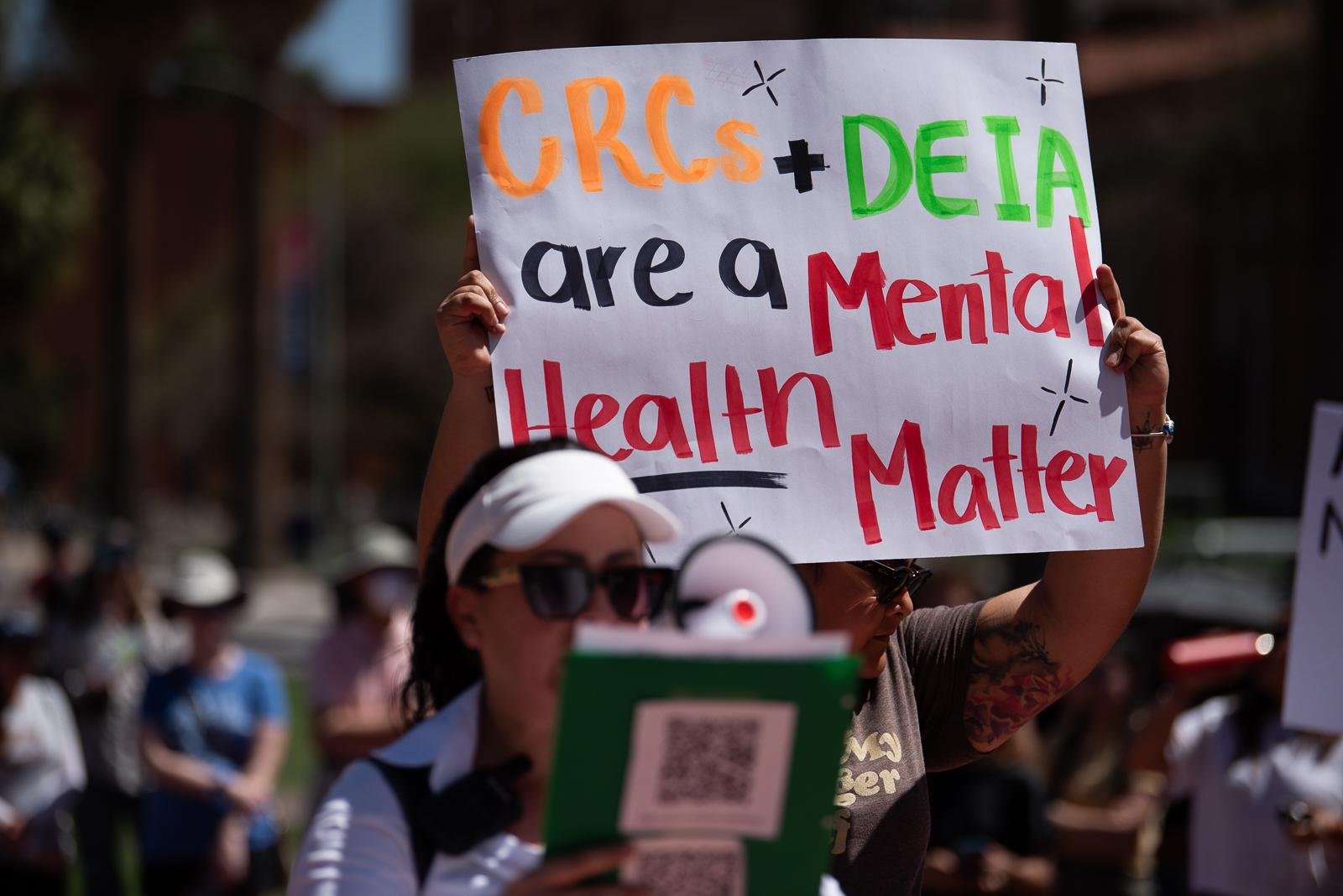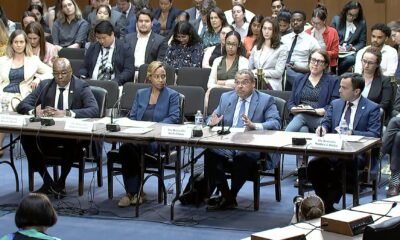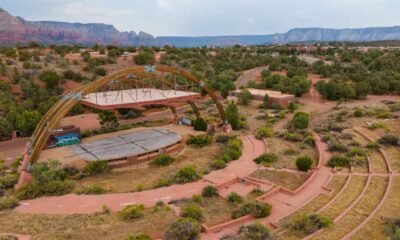arizona
UA Reshapes Cultural Resource Centers Amid Trump Administration Demands

In response to federal pressure from the Trump administration to reduce diversity and equity initiatives, the University of Arizona (UA) announced on Tuesday the consolidation of its resource centers into a new unit named Campus Community Connections, overseen by Provost Patricia Prelock.
This new structure will be led by Vice Provost Jenna Hatcher. Previously, the university had seven cultural centers, including the African American Student Affairs and LGBTQ+2S Resource Center. However, the Immigrant Student Resource Center, which supported DACA and mixed-status families, has been closed.
A report indicated that these centers employed about 80 staff members who assisted students over 28,000 times last year. President Trump’s executive orders in January prompted universities to reevaluate DEIA programs under threat of losing federal funding.
The U.S. Department of Education, referencing a Supreme Court decision from 2023, communicated to Arizona’s universities that using race in admissions and other decisions is prohibited. Following this directive, UA officials announced plans to review DEIA programs while pledging to comply with all relevant laws.
In a subtle shift, the university removed commitments to “diversity and inclusion” from its land acknowledgment statement. Amid these changes, students and faculty actively petitioned university leadership, gathering over 3,300 signatures to preserve cultural resource centers during protests in late March.
Hatcher stated that the Campus Community Connections will support both internal and external campus groups, aiming to cultivate a thriving academic environment. This restructured model was conveyed to the existing directors of the cultural centers, with some exceptions, as part of the university’s evolving approach.
However, opposition arose from UA Resist, a coalition of students, faculty, and staff. They criticized the consolidation as a move that undermines diversity and student identity. The group expressed concerns that this restructuring would impede access to vital resources for marginalized students.
The UA plans to establish a Student Culture and Engagement Hub, integrating existing cultural centers while continuing to provide essential support and activities. This hub will be led by two directors reporting to Hatcher, with the aim of ensuring continuity of services throughout the academic year.
In the next three months, university officials will engage with the community to determine the most effective long-term structure for the Student Culture and Engagement Hub. This initiative reflects a commitment to enhancing student retention and success across diverse identities.
Furthermore, UA’s Native American Student Affairs will transition to the Office of Native American Initiatives to foster better collaboration and support for Native students and communities. This shift underscores the university’s commitment to respecting the sovereignty of tribal nations and enhancing educational equity.


















